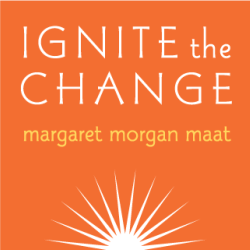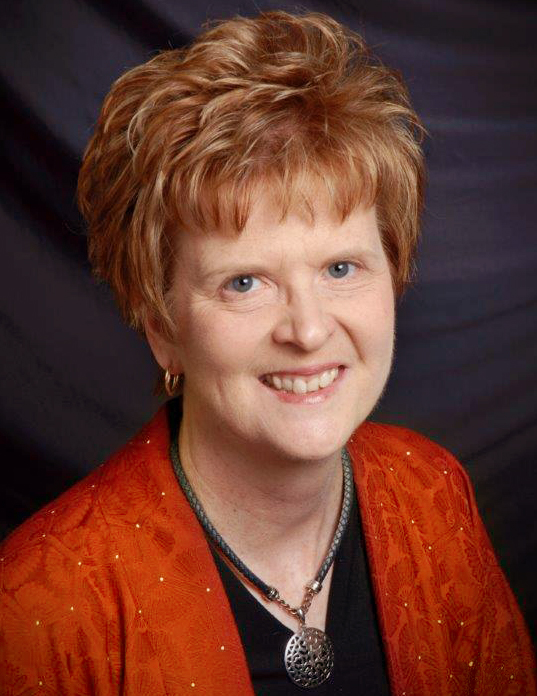alchemy
[al-kuh-mee] /ˈæl kə mi/
noun
1. a form of chemistry and speculative philosophy practiced in the Middle Ages and the Renaissance and concerned principally with discovering methods for transmuting baser metals into gold and with finding a universal solvent and an elixir of life.
2. any magical power or process of transmuting a common substance, usually of little value, into a substance of great value.
From dictionary.reference.com
The Alchemy of Change
The change process is a special form of chemistry. When I was a sophomore in high school, we participated in labs to explore hands-on the principles of chemistry. We carefully donned rubber aprons, attached goggles to our heads and got out the Bunsen burners and test tubes. We watched ordinary substances transformed into complex compounds right before our eyes -- almost like magic.
Similarly, when we are implementing change process within our organizations, we need to put on our protective gear and bring out the equipment. But the magic of change is what we put into the test tubes. What are the right ingredients for change?
Combining Differences
Some people think change can happen in their organizations by putting the visionaries in the room, empowering them to create a desired future and then to announce the result to the rest of the organization. No wonder not much "chemistry" happens.
The desired future we all want and need can only be actualized when we put very different types of people in a room. Visionaries and nuts-and-bolts implementers. Movers and shakers and dig in your heels late adopters. Exuberant people who are great at brainstorming and quiet people who rarely say a word. Baby boomers with lots of experience and Millennials in their first job. Senior executives and front-line employees. Put them together in a test tube and turn up the heat.
If you want to make gold, if you want to transmute common substances of little value into things of great value, you've got to follow the recipe. You may get a controlled explosion as these different perspectives and personality types go through the storming process, but the energy created will bond your team members into a cohesive unit who can do almost anything. Pure gold.
Principle 4:
To make change happen in your organization, be intentional about creating forums where people with different experiences and perspectives can interact and collaborate.
Discovery Questions
1. Write down the names of two people in your organization who are as different as night and day. Briefly sketch out the different skills, perspectives and experiences each brings to the table. What would the impact be if these two people could come to agreement on a project to transform one small area of your organization?
2. Consider an area of your organization that is foundering because of insularity. How could you create a forum for discussion that would cross functional boundaries?
3. Design a small experiment to put different perspectives in a room together with a stated expected outcome. Consider putting an objective facilitator in place to set up ground rules and monitor process. What incentive could you set up to reward productive outcomes?
[al-kuh-mee] /ˈæl kə mi/
noun
1. a form of chemistry and speculative philosophy practiced in the Middle Ages and the Renaissance and concerned principally with discovering methods for transmuting baser metals into gold and with finding a universal solvent and an elixir of life.
2. any magical power or process of transmuting a common substance, usually of little value, into a substance of great value.
From dictionary.reference.com
The Alchemy of Change
The change process is a special form of chemistry. When I was a sophomore in high school, we participated in labs to explore hands-on the principles of chemistry. We carefully donned rubber aprons, attached goggles to our heads and got out the Bunsen burners and test tubes. We watched ordinary substances transformed into complex compounds right before our eyes -- almost like magic.
Similarly, when we are implementing change process within our organizations, we need to put on our protective gear and bring out the equipment. But the magic of change is what we put into the test tubes. What are the right ingredients for change?
Combining Differences
Some people think change can happen in their organizations by putting the visionaries in the room, empowering them to create a desired future and then to announce the result to the rest of the organization. No wonder not much "chemistry" happens.
The desired future we all want and need can only be actualized when we put very different types of people in a room. Visionaries and nuts-and-bolts implementers. Movers and shakers and dig in your heels late adopters. Exuberant people who are great at brainstorming and quiet people who rarely say a word. Baby boomers with lots of experience and Millennials in their first job. Senior executives and front-line employees. Put them together in a test tube and turn up the heat.
If you want to make gold, if you want to transmute common substances of little value into things of great value, you've got to follow the recipe. You may get a controlled explosion as these different perspectives and personality types go through the storming process, but the energy created will bond your team members into a cohesive unit who can do almost anything. Pure gold.
Principle 4:
To make change happen in your organization, be intentional about creating forums where people with different experiences and perspectives can interact and collaborate.
Discovery Questions
1. Write down the names of two people in your organization who are as different as night and day. Briefly sketch out the different skills, perspectives and experiences each brings to the table. What would the impact be if these two people could come to agreement on a project to transform one small area of your organization?
2. Consider an area of your organization that is foundering because of insularity. How could you create a forum for discussion that would cross functional boundaries?
3. Design a small experiment to put different perspectives in a room together with a stated expected outcome. Consider putting an objective facilitator in place to set up ground rules and monitor process. What incentive could you set up to reward productive outcomes?


 RSS Feed
RSS Feed
